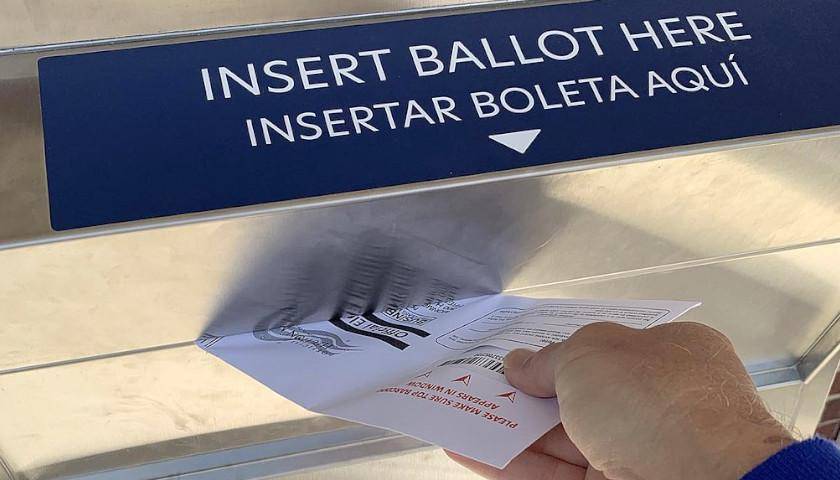In the dynamic landscape of global entertainment, the influence of Beijing over Hollywood has long been a topic of heated discussion. While the box office power of the Chinese market has waned, giving a breath of creative freedom back to our filmmakers, there looms a new and more pervasive form of influence on Hollywood and well beyond: TikTok.
Beijing may have lost theatrical market leverage, but it has more than made up for that with an overpowering social media presence that has become an epidemic, not just in Hollywood but throughout the United States. In fact, the Chairman of Congress’s Select Committee on China, Rep. Mike Gallagher (R-WI), accurately labels TikTok as “digital fentanyl” and has been aggressively campaigning to ban the social media app.
Read More

